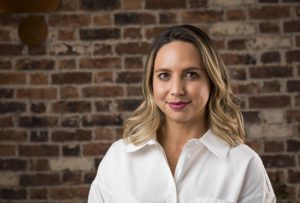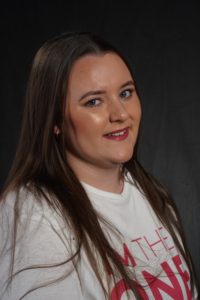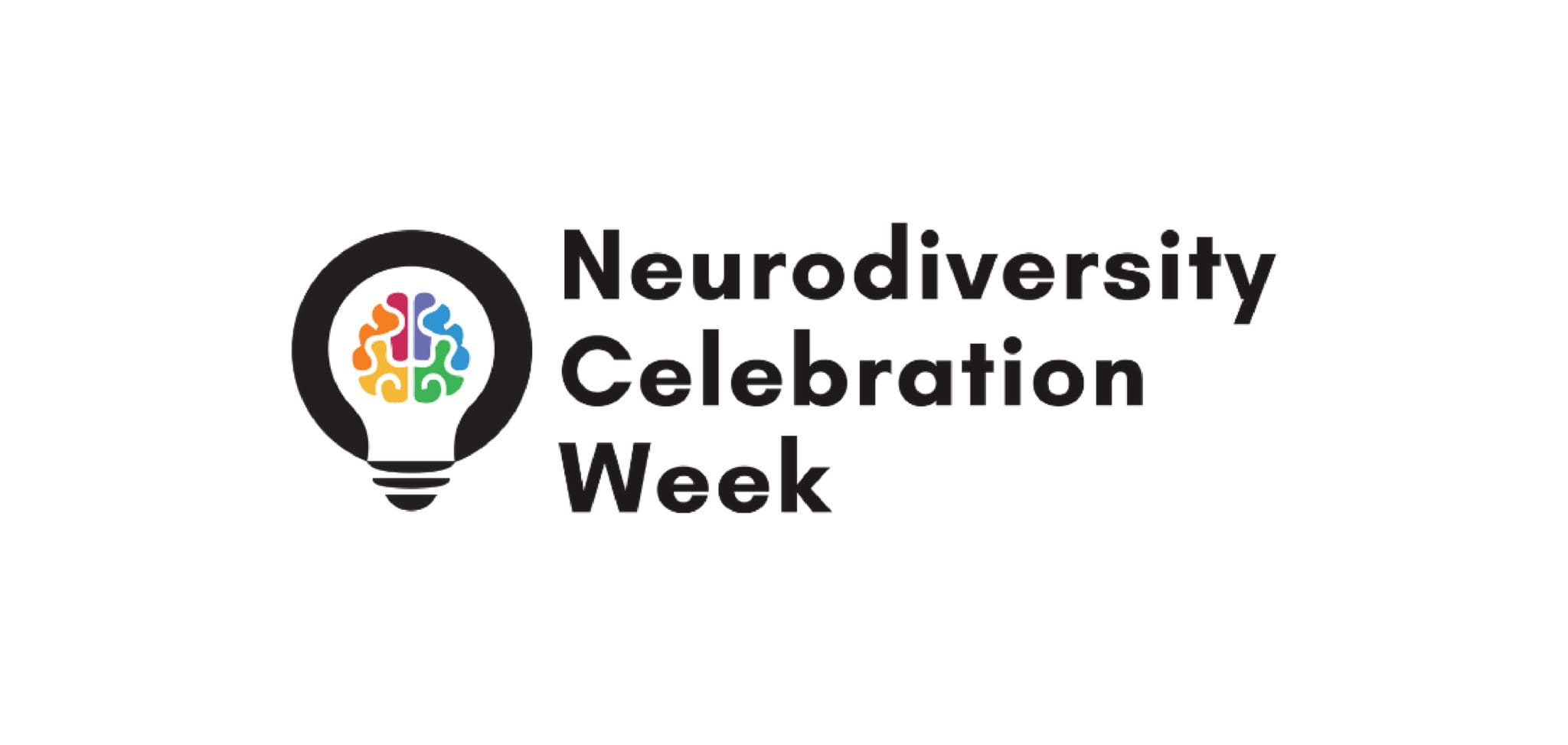This week marks the 2023 Neurodiversity Celebration Week, the worldwide initiative that challenges stereotypes and misconceptions about neurological differences. It aims to transform how neurodivergent individuals are perceived and supported by providing schools, universities, and organisations with the opportunity to recognise the many talents and advantages of being neurodivergent, while creating more inclusive and equitable cultures that celebrate differences and empower every individual.
We sat down with neurodiversity advocate Bianca Angelico, director and chief DayMaker at On Verve and Fara Painter, a DayMaker on the On Verve team, to discuss their experiences growing up with neurodiverse styles of thinking, and how their differences are supported and embraced in the workplace.
Bianca’s Story
 My journey with my neurodiversity has certainly been a bumpy one. I was diagnosed with dyslexia at a young age, and my school did not know what to do with me. I was then placed in a special needs school which lasted about a week. I felt like I didn’t belong, because I was advanced and confident enough that I didn’t need to be in a special education facility, but I wasn’t able to get the support I needed in my normal school.
My journey with my neurodiversity has certainly been a bumpy one. I was diagnosed with dyslexia at a young age, and my school did not know what to do with me. I was then placed in a special needs school which lasted about a week. I felt like I didn’t belong, because I was advanced and confident enough that I didn’t need to be in a special education facility, but I wasn’t able to get the support I needed in my normal school.
Eventually, I had a teacher that understood where my difficulties were coming from and how to talk to me. In my early twenties I was also diagnosed with a reading disability that placed me at the reading age of a 15-year-old whilst I was studying at university. It was tough, but I found audiobooks and podcasts were my saving grace for my studying.
My dyslexia has given me the strength to able to read people’s emotions and situations extremely well. Since I struggle to skim read, I always give documents a very thorough read before anything is approved or sent on. I am a people person through and through and my understanding of empathy is strong. My creativity that has come from my experiences with dyslexia have helped to build On Verve into the unique business it is. I wanted to create an environment where people can bring their whole selves to work, and I think we’ve been pretty successful at that.
Fara’s Story
 I always struggled with my dyslexia when I was young, despite not being tested or diagnosed until my teen-years. My school always said I was lazy and didn’t work hard to concentrate on the tasks at hand, but it felt out of my control to be able to do those things. When I entered secondary school, I pushed myself hard to do well and overcome those preconceptions about me. I took additional night classes when I went to college and quickly became stressed over how many hours of study I was putting in and still feeling behind. It was only when one of my tutors suggested I get tested that it all became clear.
I always struggled with my dyslexia when I was young, despite not being tested or diagnosed until my teen-years. My school always said I was lazy and didn’t work hard to concentrate on the tasks at hand, but it felt out of my control to be able to do those things. When I entered secondary school, I pushed myself hard to do well and overcome those preconceptions about me. I took additional night classes when I went to college and quickly became stressed over how many hours of study I was putting in and still feeling behind. It was only when one of my tutors suggested I get tested that it all became clear.
I finished college with the additional neurodiversity support in my exams and began my university degree. But my diagnosis went to my head, and I used it as an excuse to slack in my studies. I went back to internalising the comments I had made about me by educators as a child, and believed I was lazy and lacked concentration. Despite being given all the help and resources for extra credit by university lecturers, I made the decision to drop out of my course halfway through. I was devastated, because it had always been my goal since I was 15 years old to go to university and get my degree, but I’d thrown the opportunity away.
Once I entered the adult life of working full time, I quickly realised that life is too short to find excuses and I switched my mindset back to hard work. I passed my driving test, something I’d struggled with for many years, and was able to buy my first house. I am proud of myself not only for putting in the work but also for asking my employer for help when I needed it. It took me further than I would’ve gotten on my own.
At On Verve, I feel extremely supported in my condition. When Bianca found out I had dyslexia she encouraged me to download Grammarly, a spelling and grammar checker that acts as an extension to your website browser, so it will check my emails and other online documents as I write. She’s always willing to proof-read my work to make sure what I’ve said has been worded correctly on paper. I was unsure about mentioning my neurodiversity on my application, but I knew it was important to be open and honest about all aspects of my abilities. Since then, On Verve has been extremely supportive in offering additional support across all areas of the business if I feel I need it, which has been great.
Neurodiversity in Business charter
As part of Neurodiversity Celebration Week, Churchill has signed the Neurodiversity in Business Charter. Neurodiversity in Business (NiB) is an industry forum created to support the participation of neurodivergent individuals in the workplace launched at the Houses of Parliament. You can read more about the initiative and Churchill’s participation here.



